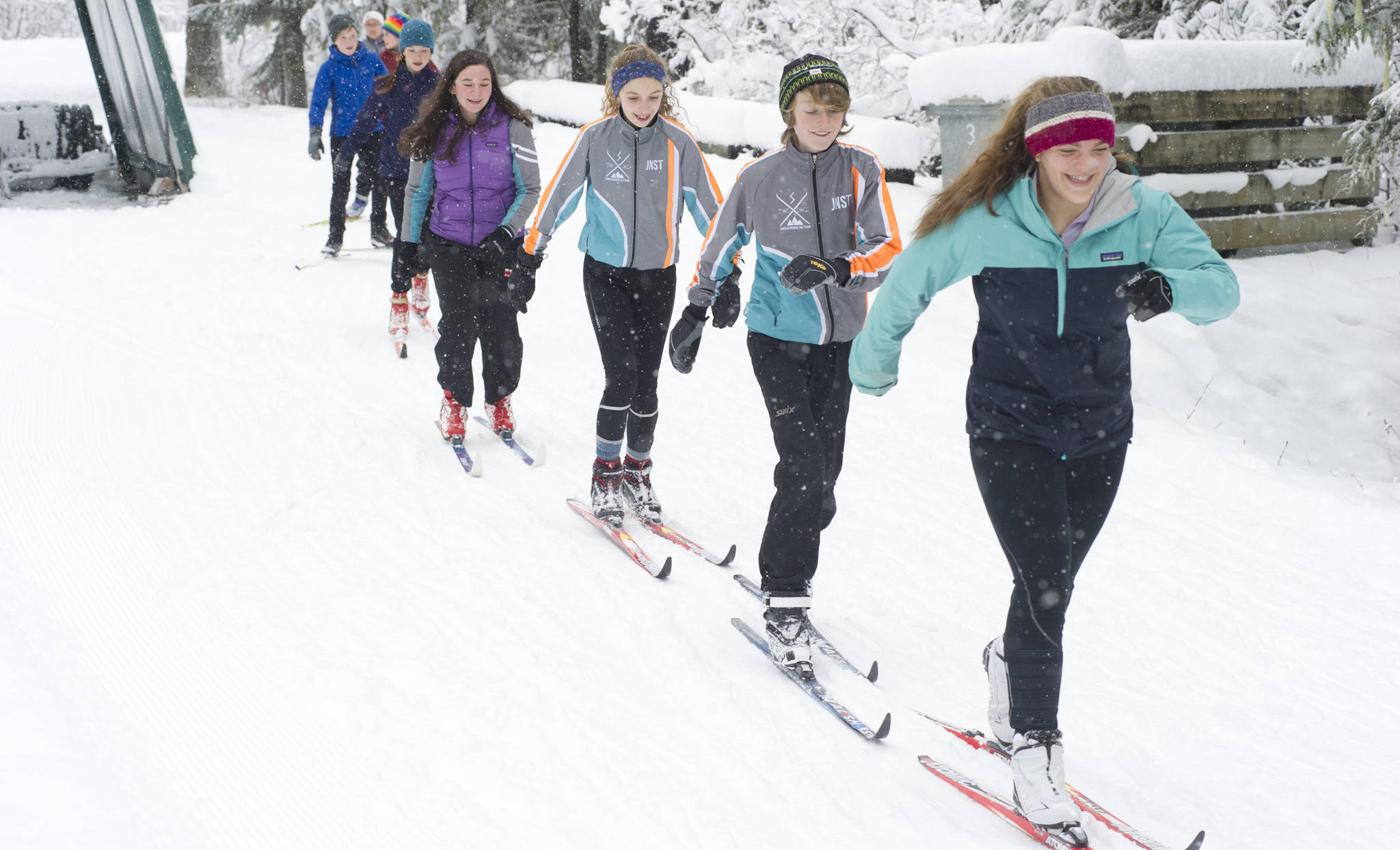Outdoor recreation businesses and enthusiasts around the state were buoyed last month when Sen. Lisa Murkowski told state legislators that Alaska “must invest in new recreation assets statewide.”
State and federal data illustrates the magnitude of the industry in a state that leads the nation in outdoor participation encompassing summer and winter motorized and non-motorized sports, and businesses including sporting goods shops, guides, outfitters, lodge owners and others. Adding up the expenditures from the 81 percent of Alaskans and 61 percent of visitors who enjoy some form of outdoor recreation in Alaska yields $3.2 billion in consumer spending. This creates an economic sector that contributes 4.2 percent of the state’s gross domestic product. Sounds big, yet this means Alaska’s outdoor recreation economy ranks only seventh behind Hawaii, Montana, Maine, Vermont, Wyoming and Florida.
There is growing awareness of the vital role outdoor recreation plays in local economies. Mounting erosion problems at scenic Polychrome Pass on the one-way road into Denali National Park has threatened access for 600,000 visitors and caused managers to sound the alarm. The response was swift, broad and bipartisan. From borough leaders up the chain to legislators, the governor, Alaska’s Congressional delegation, the Department of the Interior, and even the White House, all recognized the importance of Denali to tourism and Alaska’s very brand. In 2018, Denali National Park visitors contributed $602 million in economic impact to gateway communities from tiny Talkeetna and Healy to Fairbanks.
If only these same elected leaders applied the urgency of addressing the maintenance problem on the Denali Park Road to the deferred maintenance backlog on other federal and state public lands. In signing the 2018 Farm Bill, President Trump endorsed new language in the Rural Development Title that calls on Secretary of Agriculture Sonny Perdue to “identify and support opportunities for outdoor recreation-related investments that result in rural economic growth, including outdoor recreation businesses, facilities, infrastructure, planning, and marketing.”
While an isolated rural community is unlikely to attract Fortune 500 corporate headquarters, geographically appropriate development strategies can capitalize on beautiful landscapes and proximity to outdoor recreation with strategies that take advantage of the historic, cultural, and natural resources that already exist in that region. As Headwaters Economics Researcher Megan Lawson summarized, building “place-based strategies with the long-term fiscal and land use policies needed to manage growth can help rural communities find promising development approaches that work for them.”
This week, March 2 – 6, delegates from the Alaska Outdoor Alliance, make the trek to Juneau to share more facts and unique perspectives about the many ways outdoor recreation benefits the state. They will ask state legislators to see the forest through the trees, understand that outdoor recreation is the renewable resource that makes sense to develop for Alaska and take every opportunity to ensure it, too, is open for business.
• Lee Hart is the founder of the nonprofit Alaska Outdoor Alliance, dedicated to building the best outdoor economy in the world in Alaska. Columns, My Turns and Letters to the Editor represent the view of the author, not the view of the Juneau Empire.

